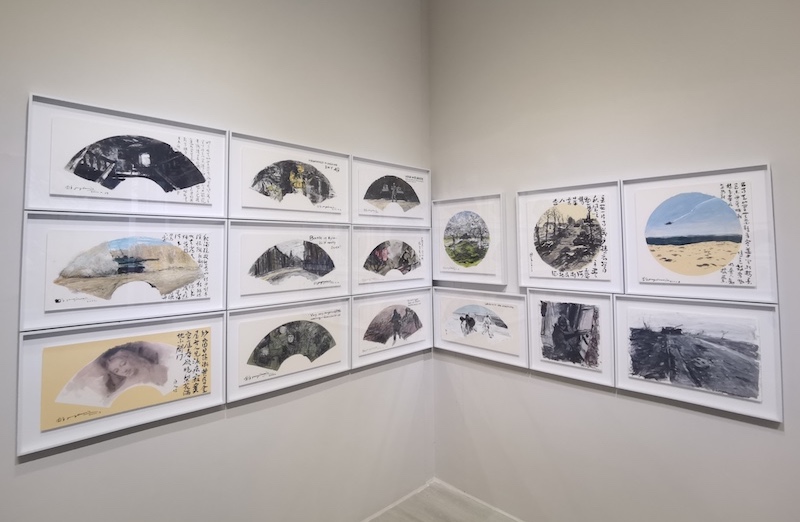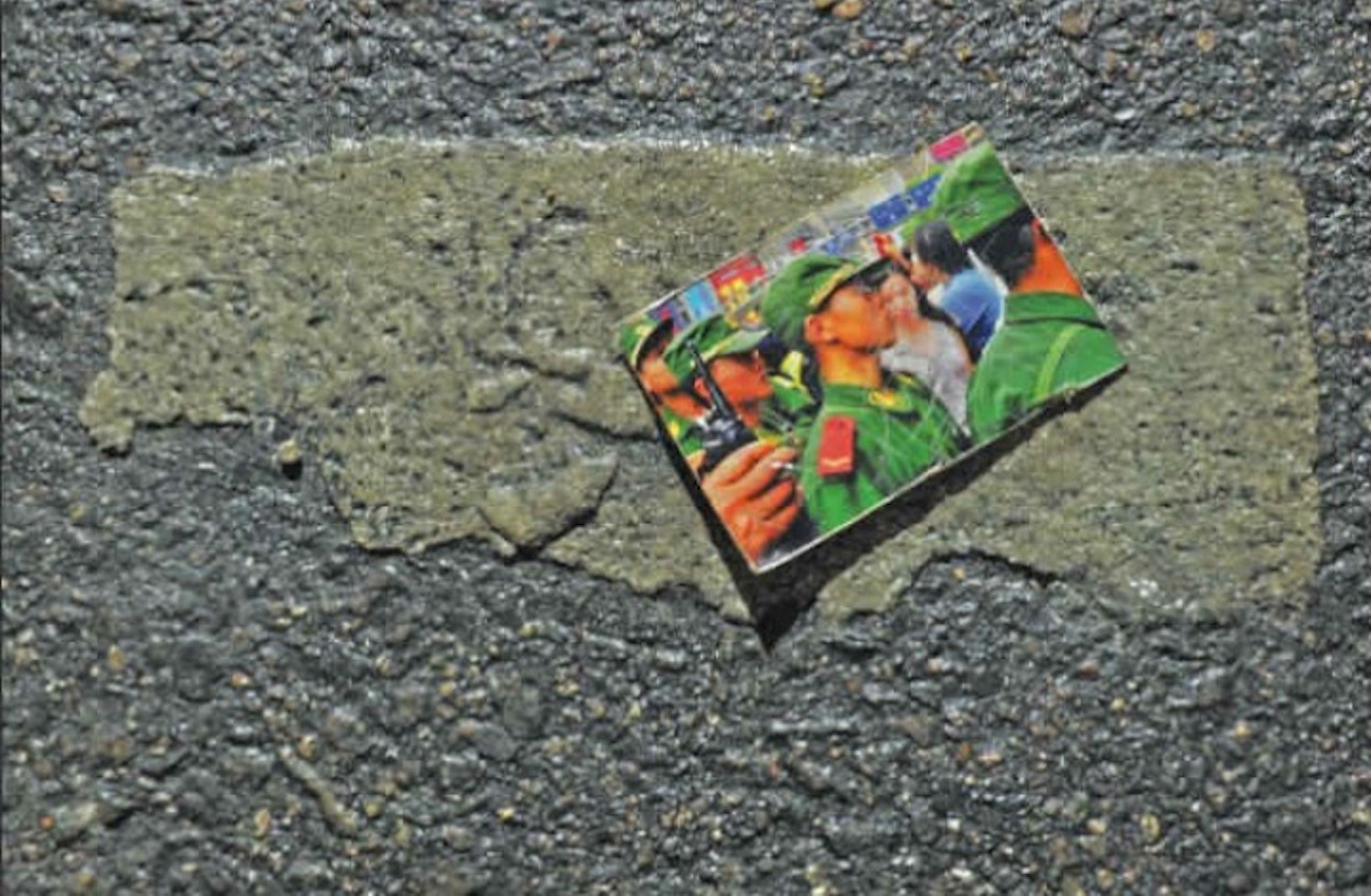Big ideas, big book. In this sequel to The Three-Body Problem, winner of the 2015 Hugo Award for Best Novel, Liu Cixin starts us off in the present day at an intriguing moment: we know exactly when annihilation will arrive. So what do we do now? Liu’s answer reveals both his strengths and weaknesses as a writer.
All human interaction is being monitored by multi-dimensional particles called sophons that relay information instantaneously to the planet of Trisolaris, over four light years away. (NSA, this metaphor is paging you.) The sophons have also frozen our scientific advancement. Humanity will have no more breakthroughs.
This is because the Trisolorans need a new planet, and Earth meets their needs. Their technology is exponentially more advanced than ours, and their fleet of destruction has set off. They arrive in a bit over 400 years. The clock is ticking.

So what do you do when the bad guys outgun you? And how do you plan a defense when, as a general puts it: “None of us sitting here will make it to space, much less have the chance to see our space fleet, and we may not even see a credible model of a space warship. The first generation of officers and crew won’t be born until two centuries from now, and two and a half centuries from that, Earth’s fleet will meet the alien invaders. Aboard those ships will be the fifteenth generation of our grandchildren.”
Four individuals, ‘Wallfacers,’ are given any resources they need. The whole point is that they never reveal their plans to save Earth, so that the aliens won’t know either.
One is Chinese nonentity Luo Ji (a homonym for the Chinese word for ‘logic’ – Liu is not a subtle writer), who wants nothing to do with this responsibility and simply demands a luxury hideaway, making him most unpopular.
Why was he chosen? And someone is trying to kill him – could he somehow be Earth’s secret weapon? Complicating things further, alien sympathizers assign a ‘Wallbreaker’ to each Wallfacer, to figure out each secret plan.
It’s fun seeing survival plans evolve over centuries, and how humans have problems getting it together, even with a common enemy. Another refreshing aspect is just how Chinese the book is. There are characters from all over the world, but the approach is distinctive in a genre dominated by American writers. Political aspects are seen differently, and a great deal of energy and manpower is put into making sure an attitude of defeatism does not take hold.
When The Dark Forest is good, it’s very good indeed. There are clever time jumps throughout, ratcheting up the tension, and a fascinating version of the world a few centuries ahead (the Internet of Things has really caught on).
There’s a cool alien weapon and a space battle that brings Iain M. Banks to mind. Most impressively, the surprising ending doesn’t cheat at all. Liu really has thought it all through, and the big reveal of what the title of the book refers to is thrilling.
But there are things Liu is definitely not good at. Writing is too often one of them. He has been grievously let down by his editors, who have waved through his sloppy prose and wince-inducing missteps.
This kind of thing is unforgivable: “Luo Ji was fascinated by the man’s gaze, like a devil and angel, like an atom bomb and identicalsize precious stone.”
As is this: “When [navy destroyer] Tang’s sharp prow split the seawater, Zhang Beihai and Wu Yue sensed a trace of anger in the massive hull.” Yes, a boat is angry (but just a bit). There’s plenty more where these came from.
And when Liu does romance, it’s basically a war crime. Luo Ji uses his Wallfacer privileges to commission a search for his ideal woman, who must be educated – but of course not too educated – and extremely insipid. It’s yucky all the way through. Liu’s editor should have been standing behind him as he worked, ready to tase him every time he tried this stuff.
There’s also a hilariously misconceived moment when Osama Bin Laden discusses the merits of Isaac Asimov. We did not dream this. (Joel Martinsen’s translation is excellent, and not to blame for any of this.)
Non-Chinese readers are way behind: the final book in the trilogy, Death’s End, came out in 2010. Now’s a good time to catch up though, as both the Chinese movie of The Three-Body Problem and the English translation of Death’s End are coming out this year. The film will be big at the box office here, bringing even more attention to this estimable author.
We love Liu Cixin’s big ideas, his take on the genre and his plotting. We’re looking forward to the next one. We just wish he’d had help with quality control.
Liu Cixin: The Dark Forest (TOR books) is available on Amazon. For more book reviews, click here.





















0 User Comments